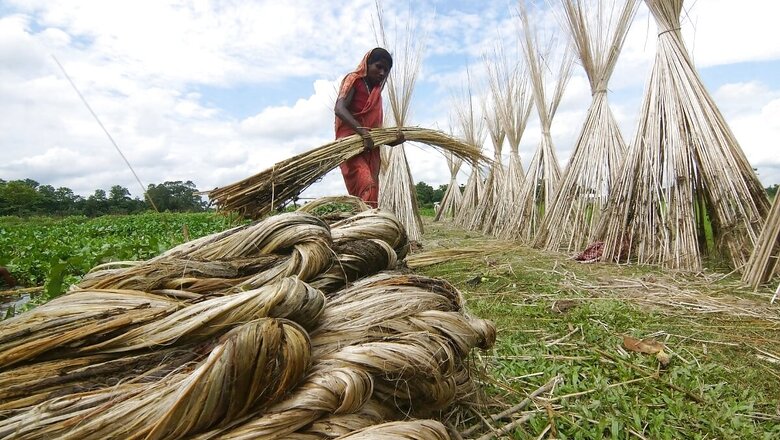
views
The Narendra Modi government is considering raising the Minimum Support Price on Jute ahead of the assembly elections in West Bengal in what would be the latest move as part of a continued outreach to farmers in the state.
Sources told Network 18’s CNBC Awaaz that the Cabinet Committee on Economic Affairs (CCEA) may hike the MSP on jute by 6-7 per cent, in what would be the second increase in MSP in a span of just over two years.
The Centre had, in February 2019, hiked the minimum support price for raw jute to Rs 3,950 per quintal for 2019-20 season from Rs 3,700 per quintal in the previous season. The decision was taken at a meeting of the Cabinet Committee of Economic Affairs.
“The MSP would yield returns of 55.81 per cent over the All-India weighted average cost of production. The MSP of raw jute is expected to ensure appropriate minimum prices to the farmers and step up investment in jute cultivation and thereby production and productivity in the country,” the official statement had said.
The move comes less than a month ahead of assembly elections in West Bengal, which happens to be a hub of jute producers. There are about 70 jute mills in the country, of which about 60 are in West Bengal along both the banks of river Hooghly. Jute production employs about two lakh workers in the West Bengal alone and four lakh workers across the country.
Farmers are an important vote base for the BJP in Bengal as the saffron party has repeatedly targeted the Mamata Banerjee government for failing to implement central schemes in the state, including direct cash transfer, as it looks to blunt opposition attack over the new farm laws.
The implementation of the PM Kisan Samman Nidhi Yojana – that allows each farmer a ₹6,000 cash benefit annually – had been a major flash point between the BJP and the Trinamool Congress.
The scheme was blocked by the TMC, who wanted the money to be transferred to the state government first and not as direct benefit transfer. Even Prime Minister Narendra Modi has singled out the Trinamool for failing to implement “pro-farmer” schemes for petty political reasons.
Ultimately after the BJP started using it as a poll plank, ahead of the all important 2021 elections due here, Banerjee acceded and allowed implementation of the scheme in January. At least 70 lakh farmers were allegedly denied their dues.
The saffron party also conducted a door-to-door information drive across 40,000 villages in Bengal, with farmers being apprised of farm laws and how they can secure better price for their produce.
Read all the Latest News, Breaking News and Coronavirus News here













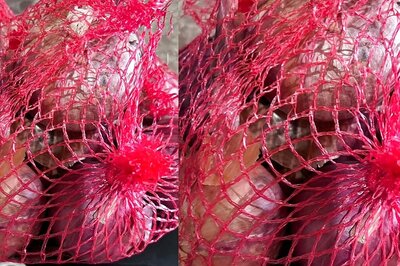
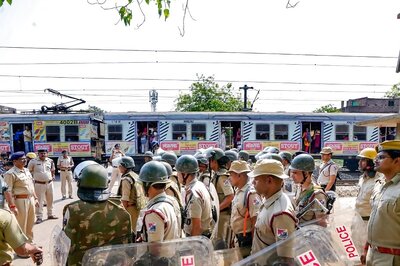
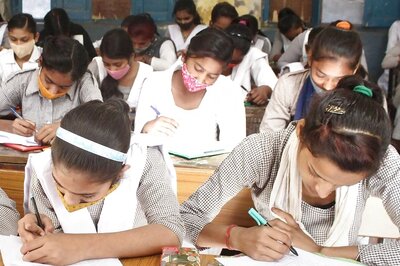

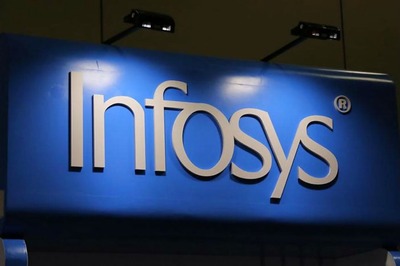

Comments
0 comment